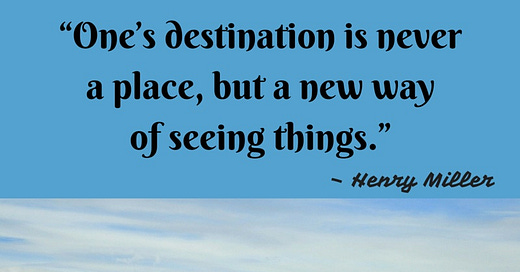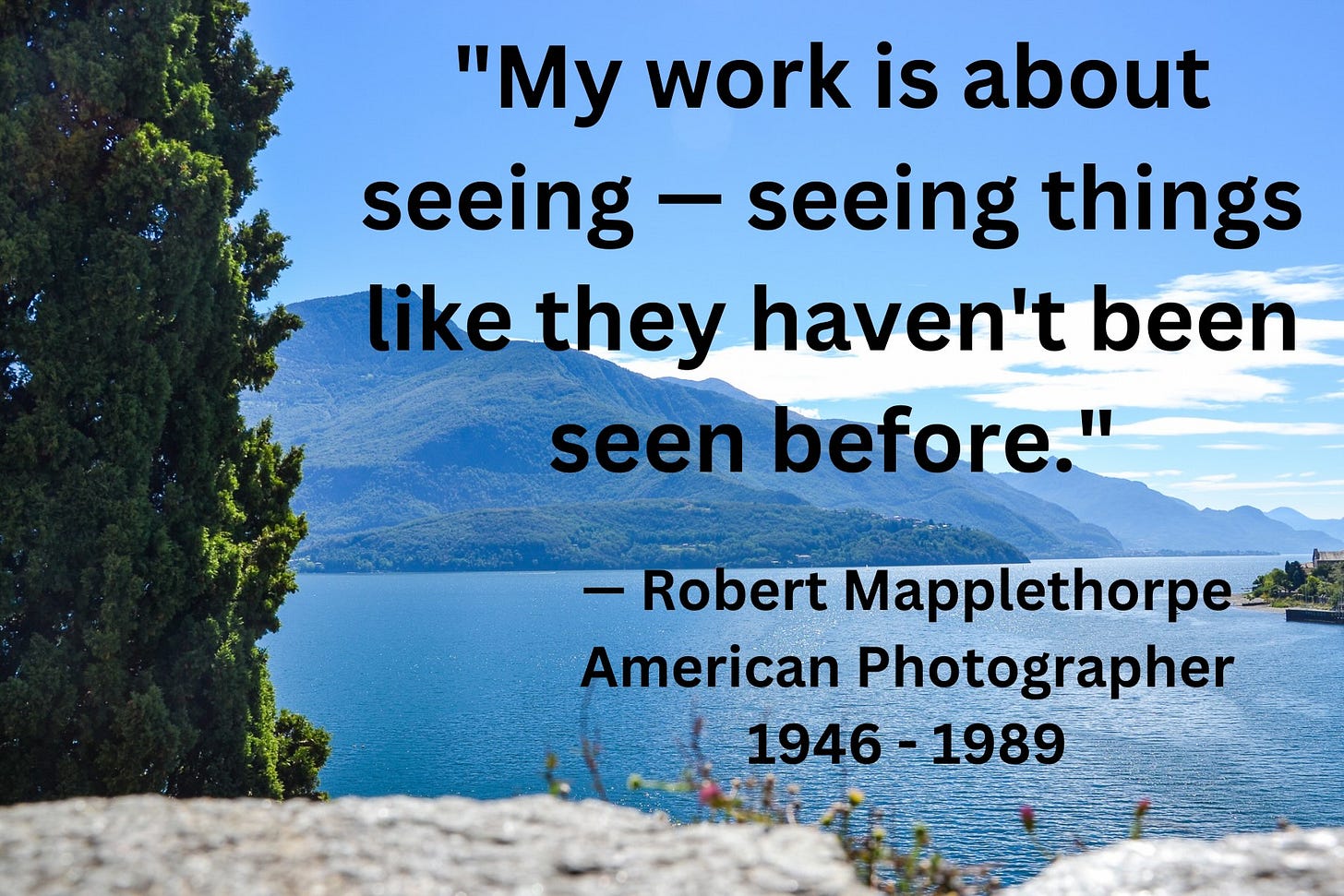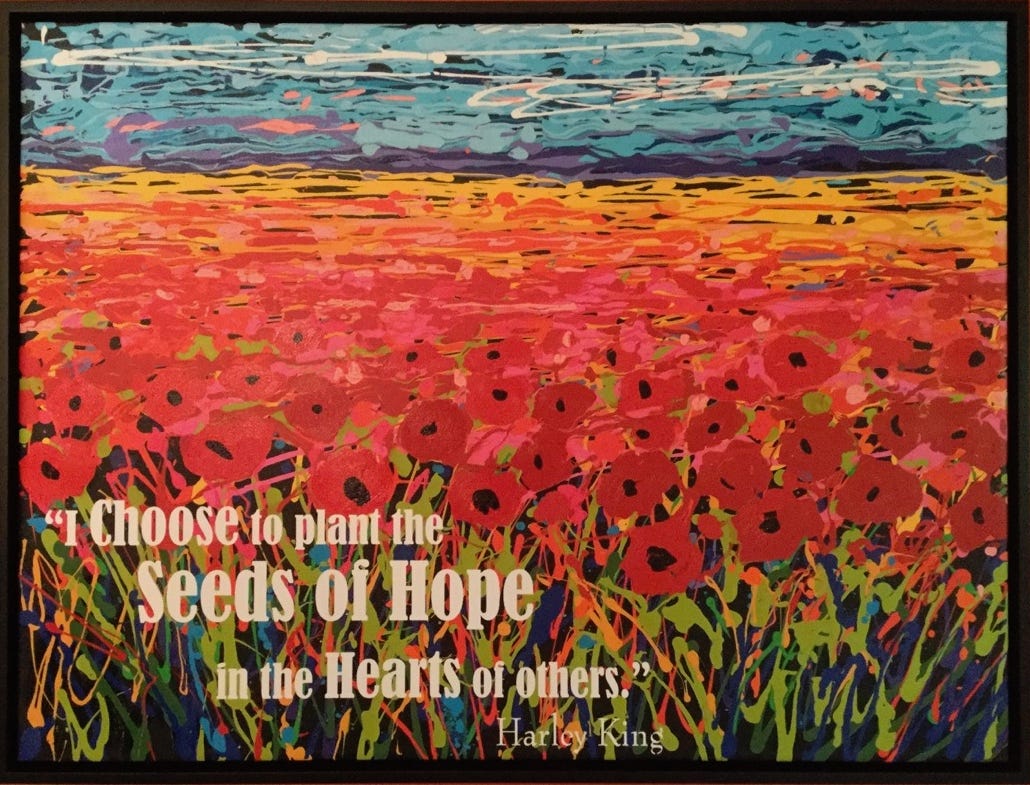Issue #48
One of the benefits of traveling is the opportunity to see the world through new eyes — to realize that there is more to life than the day-to-day petty challenges that we face. Too often, we become so involved in chopping down a tree that we fail to see that the world is filled with more trees than those on our tiny acres.
Wandering the streets of new towns and cities and encountering new people changes our perspective of the world and our place within it. We often realize that our problems and challenges are small and insignificant compared to those of other people. We learn to see the world differently and through new eyes.
I have learned that taking the time to step away from my day-to-day challenges reduces the stress in my life and clears my head of the issues and problems that normally occupy center stage.
I discovered this during my sophomore year in college. During my freshman year, I was concerned about the problems and challenges facing the American people. War was killing the youth of our nation as well as the men, women, and children of Vietnam. Riots were burning the hearts of our cities. Martin Luther King, Jr and Bobby Kennedy were assassinated. Young people were beaten in the streets of Chicago during the Democratic convention. And I considered dropping out of school.
In September 1968, I boarded a plane for Kingston, Jamaica, with twenty other college students. As part of a Study-Service term abroad offered by our small church college, we spent 13 weeks immersed in the country's culture and history. We studied the Rastafarian movement, Spanish and British imperialism, banana plantations, and Jamaican literature. We also spent seven weeks on a service project.
We did not read American newspapers or listen to American newscasts. The problems in America faded slowly away. The problems Jamaicans faced had less to do with race and more to do with economics. The war was not on the daily news. Jamaicans were proud of their recent independence from Great Britain and believed they had a bright future. The pace of life slowed, and the stress of being a student in the turbulent sixties in America slowly faded away. I began to see the world through new eyes.
When I returned to the United States in December, the election was over and Nixon had won. America still faced the same problems and challenges that it had when I left. The world had not grown any better. But I had changed. I was still concerned about the issues, but I was calmer and understood that change took time. I could not change the world, but I could change myself. By stepping away, I had come to see the world differently. I had come to see my place in the world with new eyes.
One of the main functions of creative leaders is to help people see something they had not seen before — to open their eyes to new ways of viewing the world. Does your creative work shed new light on how we view the world? Does it help us see beyond our small private worlds and grasp a greater meaning to life?
Part of our role as creative leaders is to show people that there are multiple ways of viewing the world in which we live. There is not just one reality but multiple realities. Creative ideas change people in numerous ways. Our hearts and minds open, and we begin to see in ways we have never seen.







"I could not change the world, but I could change myself. By stepping away, I had come to see the world differently. I had come to see my place in the world with new eyes." ~ Nothing like having new eyes to see this old world with. I went to Jamaica with a church group in 1991. We worked at an elementary school (Hope Elementary) for a few days. It was in an impoverished area across the road from an area where people lived in shacks built of whatever material they could scrounge up, yet the children were amazingly happy and so curious about this group of white Americans who came and spent a week painting their school inside and out. My experience in Jamaica opened my eyes to what life was like for many in Third World nations. Since then, I've worked a couple of times in Progresso, a similar community near Culiacan, Mexico, where people with virtually nothing try to eke out a living. Truly eye-opening experiences. As you said, they put our problems in perspective and make us more appreciative of what we have.